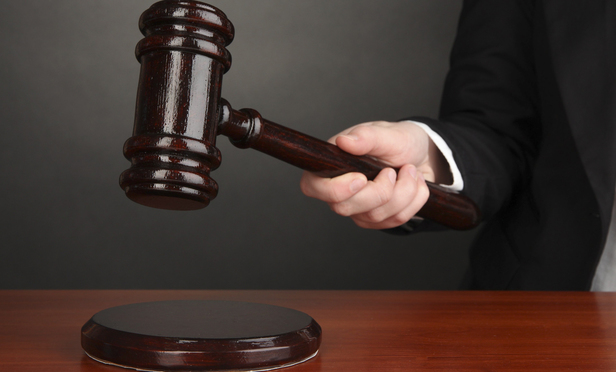Experts in Pennsylvania must rely on scientific authority and apply that authority to the facts of the case. Moreover, “res ipsa loquitur dressed up as expert opinion” is inadmissible under Pennsylvania Rule of Evidence 702. The Pennsylvania Superior Court recently reaffirmed these principles in Nobles v. Staples, No. 2939 EDA 2015, — A.3d —, 2016 PA Super 240, (Pa. Super. Nov. 8, 2016), by rejecting the opinions of an expert who sought to testify regarding alleged design defects in an office desk chair. The appellate court concluded that the opinions of the plaintiff’s expert suffered from numerous shortcomings that rendered his testimony inadmissible, and therefore affirmed the trial court’s decision to dismiss the action. The Nobles decision provides useful guidance for litigants confronted with expert testimony that lacks a scientific or factual basis, and is a strong appellate authority for litigants seeking the exclusion of such testimony in future cases.
Background
Plaintiff John Nobles was a corporal in the Philadelphia Police Department and claimed that his 3-year-old office desk chair snapped at the base, which caused him to fall to the floor. The plaintiff alleged that he “hit his head as he fell and sustained injuries to his neck, back and right shoulder.” Approximately 10 minutes after the chair broke, Nobles photographed the chair: “The base of the chair was still upright, but the rest of the chair was on the floor.” The court explained that “a few days later, another police officer disposed of the chair, and, as a result, the chair was not available for inspection during this litigation.”



